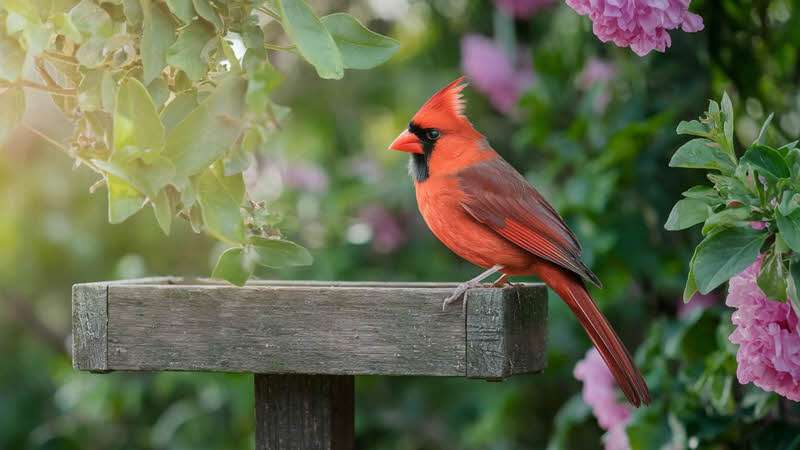If you’re having fun, that’s when the best memories are made.
Simone Biles
About the Author
Simone Biles, born March 14, 1997, is widely regarded as the greatest gymnast of all time. With 37 Olympic and World Championship medals (23 of them gold), she has broken numerous records in the sport. Biles is known for her extraordinary athletic abilities, performing skills so difficult they’ve been named after her, including the “Biles” vault and the “Biles II” floor exercise element.
The quote comes from interviews Biles gave during the 2016 Rio Olympics, where she won four gold medals and one bronze. This statement reflects her philosophy toward both gymnastics and life.
Beyond her athletic achievements, Biles has shown remarkable courage in speaking openly about mental health. During the 2020 Tokyo Olympics (held in 2021), she withdrew from several events due to experiencing “the twisties,” a dangerous mental block where gymnasts lose spatial awareness mid-air. Her decision sparked global conversations about athlete mental health and self-care.
Biles grew up in Columbus, Ohio, and was adopted by her grandparents at age six after spending time in foster care. She discovered gymnastics during a daycare field trip when she was six years old. Coaches noticed her natural talent when she began imitating the older gymnasts, and her career took off from there. Through both triumph and challenge, Biles has maintained her emphasis on finding joy in what she does, exemplifying the wisdom in her quote about fun and memories.
The Meaning of the Quote
This quote reveals a simple but profound truth about how we form lasting memories. Biles suggests that genuine enjoyment forms the foundation for our most treasured recollections. When we experience real fun, our brains mark those moments as special, filing them away as memories we’ll revisit for years.
The science backs her up. Neurologists have found that positive emotions like joy and excitement trigger the release of dopamine, which helps encode experiences more deeply in our memory systems. Put simply, we remember what we enjoy.
My friend Maria applied this wisdom to family vacations. “We used to plan elaborate trips with packed schedules,” she told me. “Everyone was stressed and cranky. Now we build in plenty of free time and follow the fun. Last summer, our kids still talk about the impromptu beach bonfire that wasn’t even on our itinerary.”
Try these approaches to apply Biles’ philosophy:
Track your genuine laughter. When do you find yourself smiling or laughing without forcing it? Those activities deserve more space in your calendar.
Drop the performative fun. Skip activities you do just for social media or because you think you “should” enjoy them. Focus on what truly brings you pleasure.
Create space for spontaneity. Some of life’s most enjoyable moments happen when we leave room for them. Build margin into your days rather than scheduling every minute.
Let go of perfectionism. A gymnastics coach once told me, “When athletes focus too much on getting everything perfect, they stop having fun and start making more mistakes.” The same applies outside sports.
A teacher I know uses this concept in her classroom. “I noticed kids remembered lessons where they laughed and played. Now I build movement and games into everything we learn. Test scores improved, but more importantly, years later students tell me they still remember those lessons.”
This quote also challenges our achievement-focused culture. We often sacrifice present enjoyment for future goals, yet Biles suggests this approach misses something fundamental about how memory works. The gold medals matter, but the moments of joy along the way become our mental treasure.
A study of elderly adults asked what they remembered most vividly from their lives. Few mentioned promotions, academic degrees, or material purchases. Instead, they described moments of connection, laughter, and simple pleasures.
Even during difficult times, finding pockets of enjoyment creates mental landmarks that help us navigate. During my mother’s cancer treatment, we still managed beach walks and card games that became bright spots in an otherwise dark period. Those moments of fun didn’t deny the reality of our situation but gave us memories that sustained us.
Biles herself demonstrated this wisdom when she stepped back from competition to protect her mental health. She chose long-term wellbeing over medals, understanding that true success includes enjoyment, not just achievement at any cost.



Hinterlasse ein Feedback zu diesem Thema